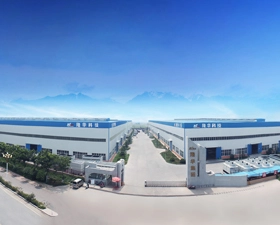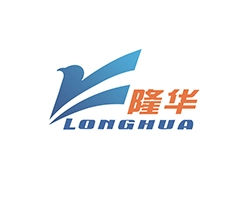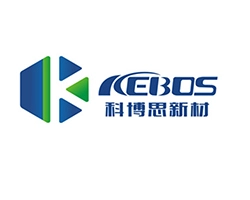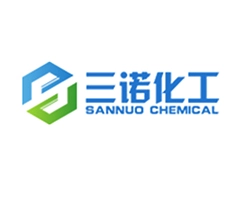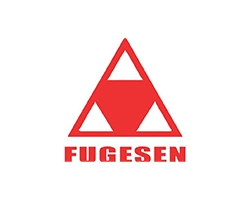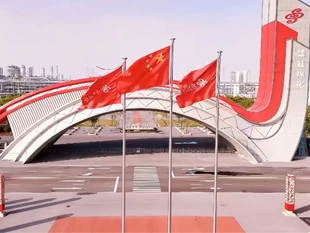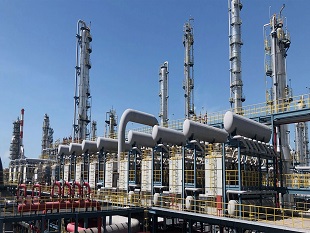
- Home
-
Products
Vibration-Damping Fasteners Upper Self-locking (Third Generation) Double-layer Non-linear Vibration Damping Fasteners Double-Layer Nonlinear Vibration Reduction Fastener With Shoulders FST Type High Torsion Resistance High Vibration Damping Turnout Vibration Damping Fastener Rail DamperSynthetic Rail SleeperApplication Semiconductor Display and Semiconductor Integrated Circuit Solar Photovoltaic, Sapphire, MOCVD Equipment, Medical CT Equipment, High-temperature Heating Furnace and Other Industries Molybdenum Material Deep Processing, Steelmaking and Other Industries New Energy, Rare Earth Permanent Magnet, Structural Ceramics, NdFeB Vacuum Equipment Industry

-
Application
ApplicationApplication Fields of New Electronic Materials
- Semiconductor Display and Semiconductor Integrated Circuit
- Solar Photovoltaic, Sapphire, MOCVD Equipment, Medical CT Equipment, High-temperature Heating Furnace and Other Industries
- Molybdenum Material Deep Processing, Steelmaking and Other Industries
- New Energy, Rare Earth Permanent Magnet, Structural Ceramics, NdFeB Vacuum Equipment Industry
- About Us
- Branches
- Contact Us
- News
 EN
EN
